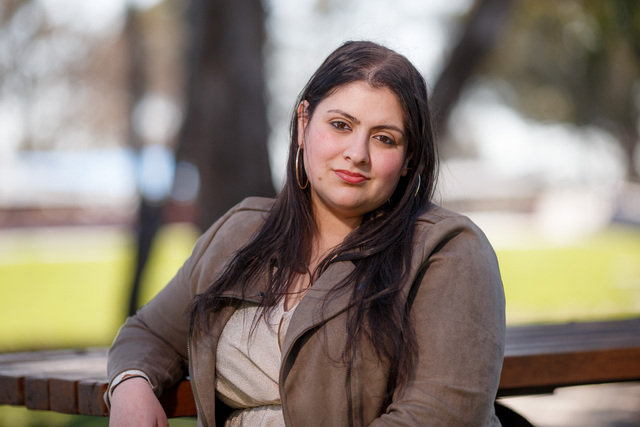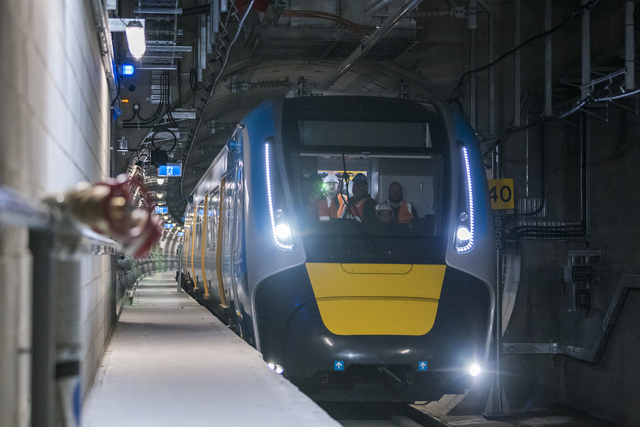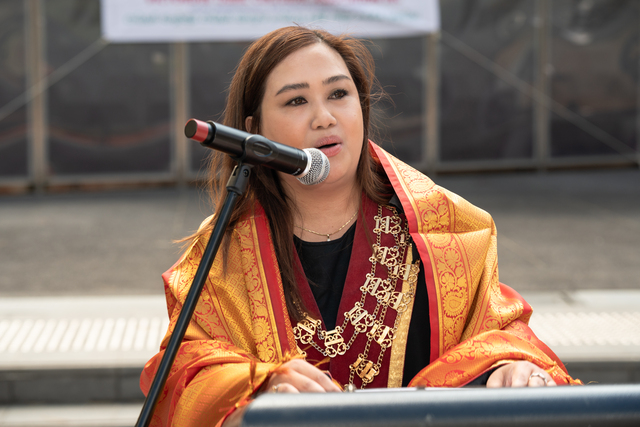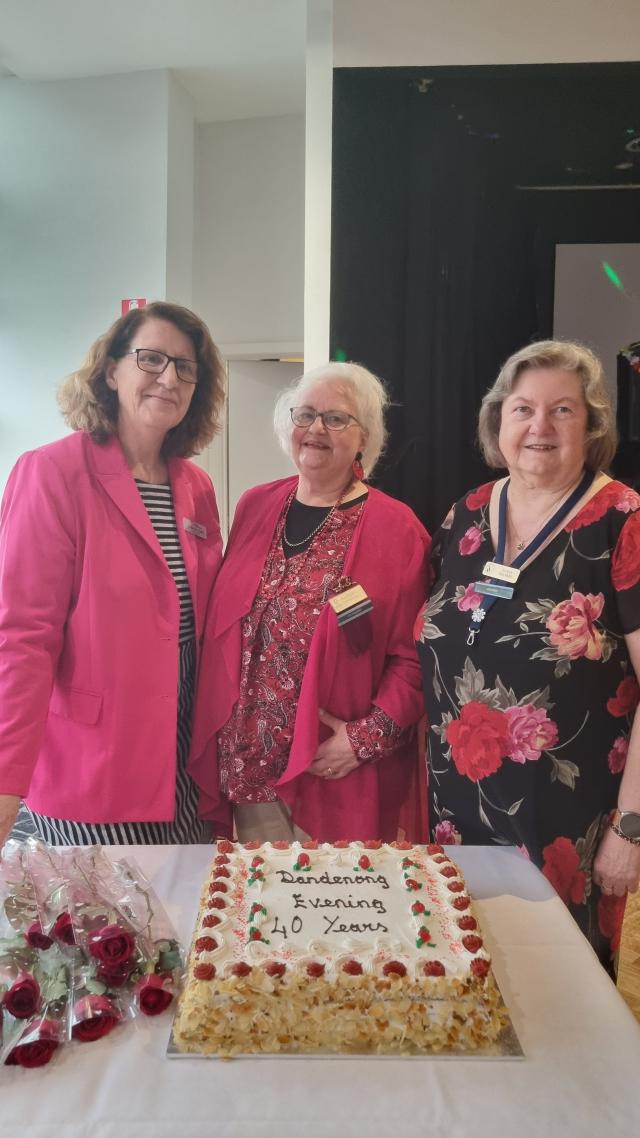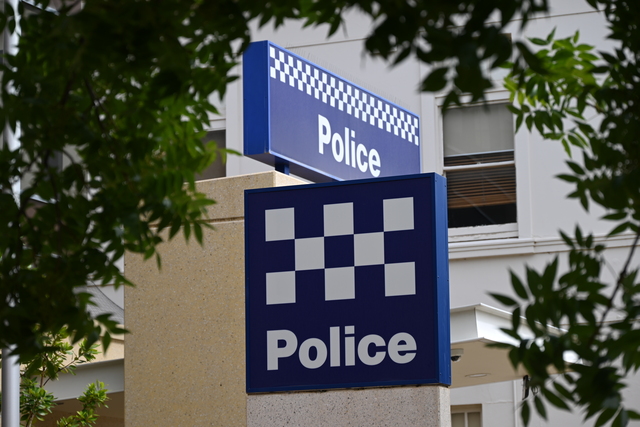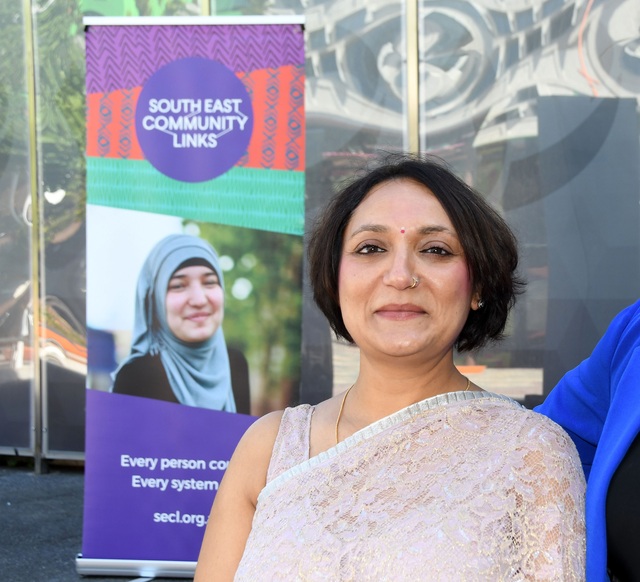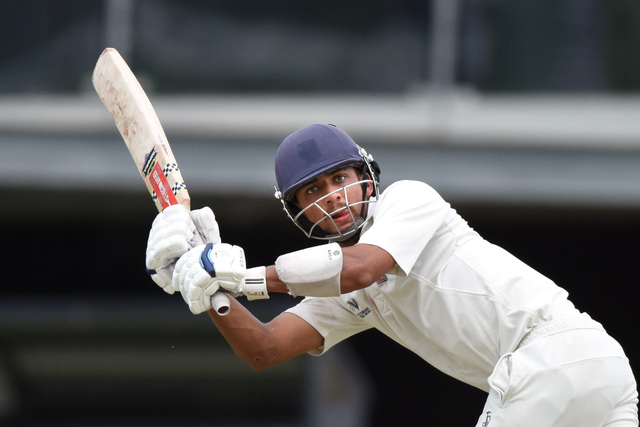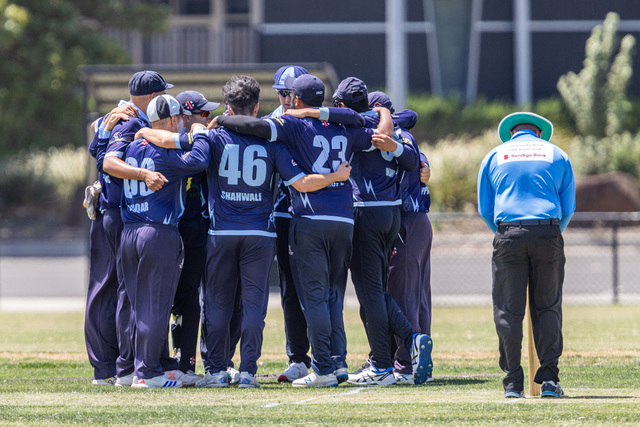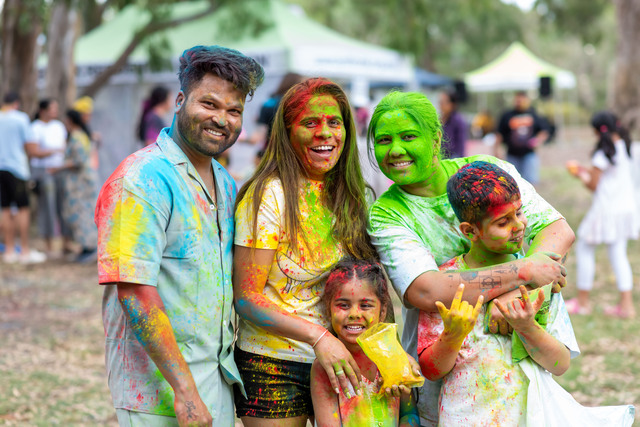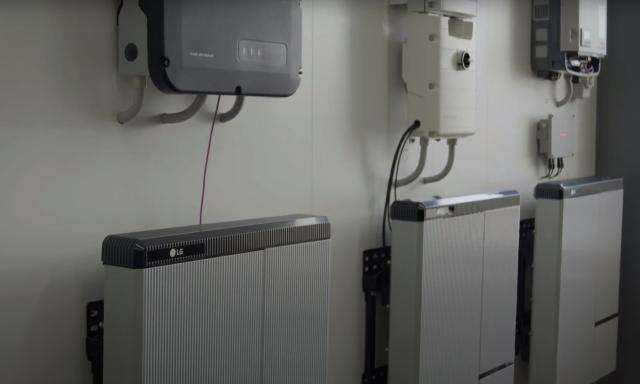“It’s just an absolute humanitarian catastrophe right now in Lebanon.”
A Dandenong resident for the past decade, Afaf Alfawwal – like many Lebanese-Australian residents – can’t escape the heartache over the bombing of Lebanon by Israel during its ongoing conflict with militia group Hezbollah.
Afaf was born in Australia to Lebanese parents who fled the Lebanese civil war (1975-1990) and called Australia their home ever since.
More than half of her family and her husband’s family live in Lebanon.
“Everyone is pretty much glued onto their phones. They are looking at the death toll rise. We’re checking in with family overseas every single day and we can hear their fear and anxiety (over the phone).
“Here in the community and my family specifically, the anxiety is so high because you don’t know when you’re going to get the call from your family to say our home has been destroyed or we have lost a loved one.
“It’s getting to the point where it’s not if that’ll happen, but when that’ll happen.”
The second largest Lebanese-Australian population is in Victoria after New South Wales.
There’s 49,107 people with Lebanese ancestries in Victoria of which 18,689 were born in Lebanon.
Afaf ‘s great-uncle, great-aunts, cousins, sister-in-law, brother-in-law and family friends are in the northern end of the country. But nowhere is safe as Israel bombed the Beddawi camp in the north just on Monday 7 October.
She has already lost some family friends situated in southern Lebanon where Israel launched a ground invasion.
“There is no line that Israel won’t bend completely – they will tell people to evacuate to one place and bomb that place,” Afaf says.
“We’ve seen this in Gaza and it’s continuing in Lebanon.
“The same excuses that they provided in Gaza are now being transferred to their illegal invasion of Lebanon, which is a sovereign state. It’s a war crime.”
She points out Israel’s recent bombings of critical roads of escape into Syria and the Beirut airport.
According to the Lebanese Health Ministry, more than 2000 have been killed in the attacks on Lebanon including 127 children and 261 women.
Many had their homes either destroyed by the bombings or were forced to evacuate, moving around wherever they could find a safe spot.
“From what my family have told me, the north is being flooded by people coming in from the south.
“There are people sleeping on the streets. There are people begging for food, begging for any type of assistance, mattresses, pillows, people who once used to do very well in their homes are now sleeping in the streets because all the rental houses, or the houses available for people to stay are full.”
A small number of her family members have the option to flee to Cyprus if needed. Some don’t have that “luxury” and a majority refuse to leave their beloved homeland.
“The sense of patriotism for the Lebanese people is so high that they refuse to leave the lives they built – and rightly so, they shouldn’t have to.
“We are very proud to be a Lebanese, we love our country and many are standing firm refusing to leave because this is their home, their land and they will stay dedicated to that at all cost.”
Afaf herself was involved in humanitarian work in Syrian and Palestinian camps in Lebanon in her early 20’s.
Now an administrator of more than 12 years, she has attended protests in City of Greater Dandenong demanding a ceasefire calling on the Australian Government not to be complicit in what’s been termed a “genocide.”
She has also attended protests against AW Bell in Dandenong South for producing parts for the Lockheed Martin F-35 joint fighter program. It produces the only approved casting supplier of the F-35 electronic warfare counter measurement.
The company has previously told Star Journal it does not sell any parts to Israel.
In the meantime, Afaf sends financial help for her stricken relatives, hoping they survive.

